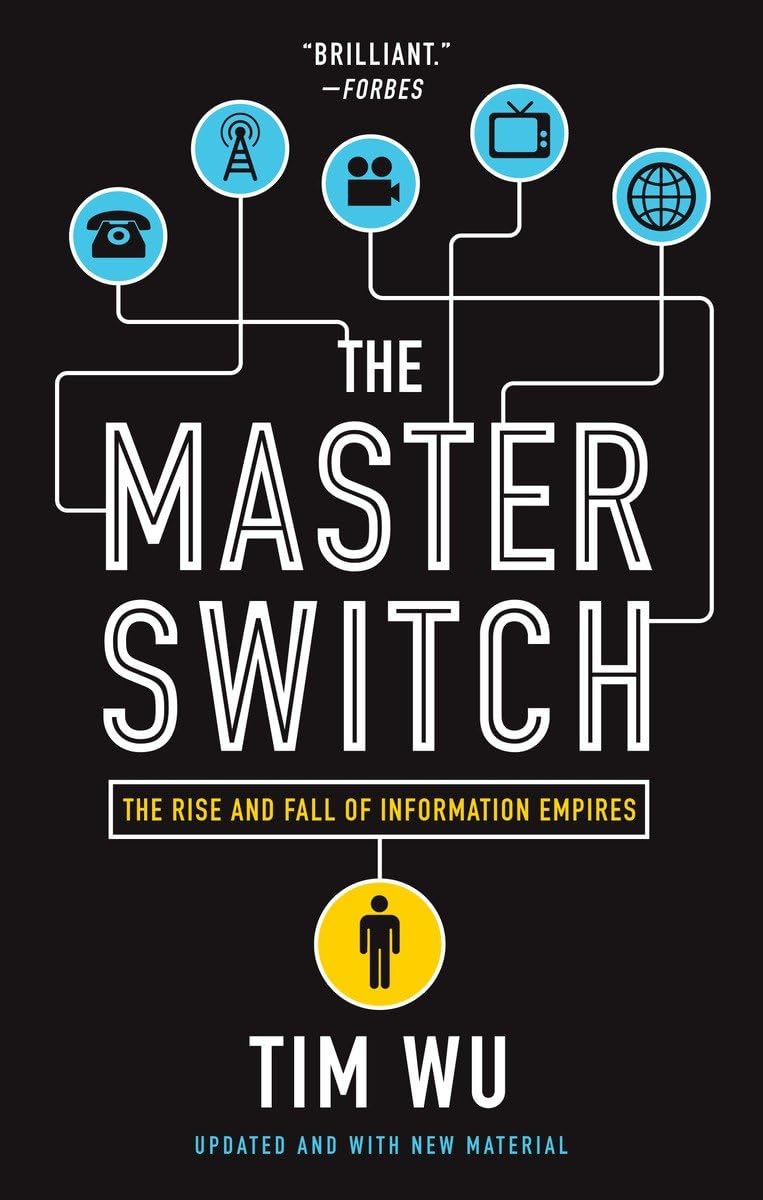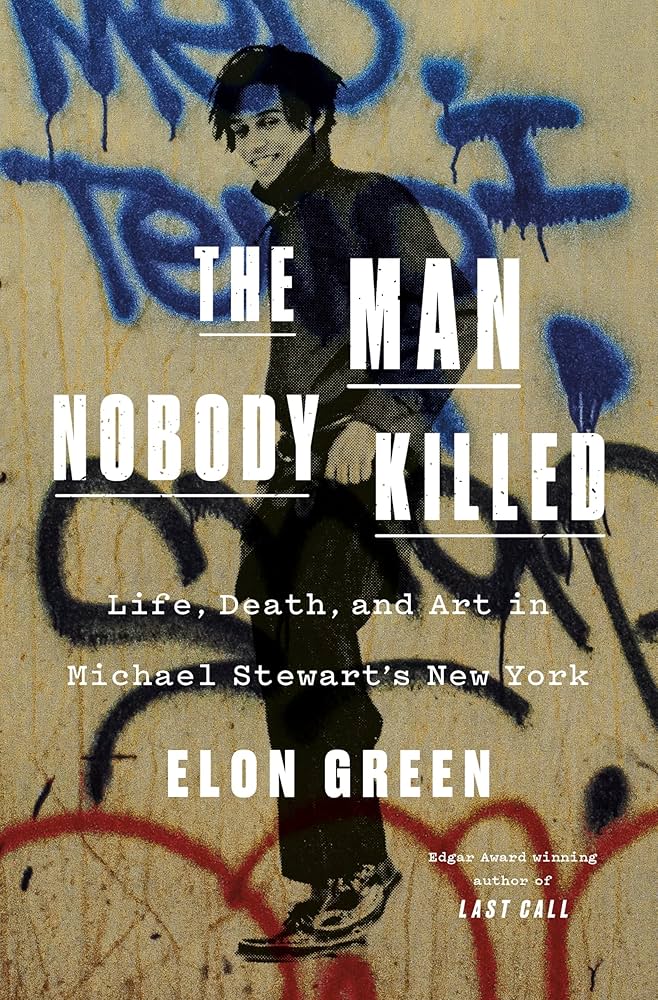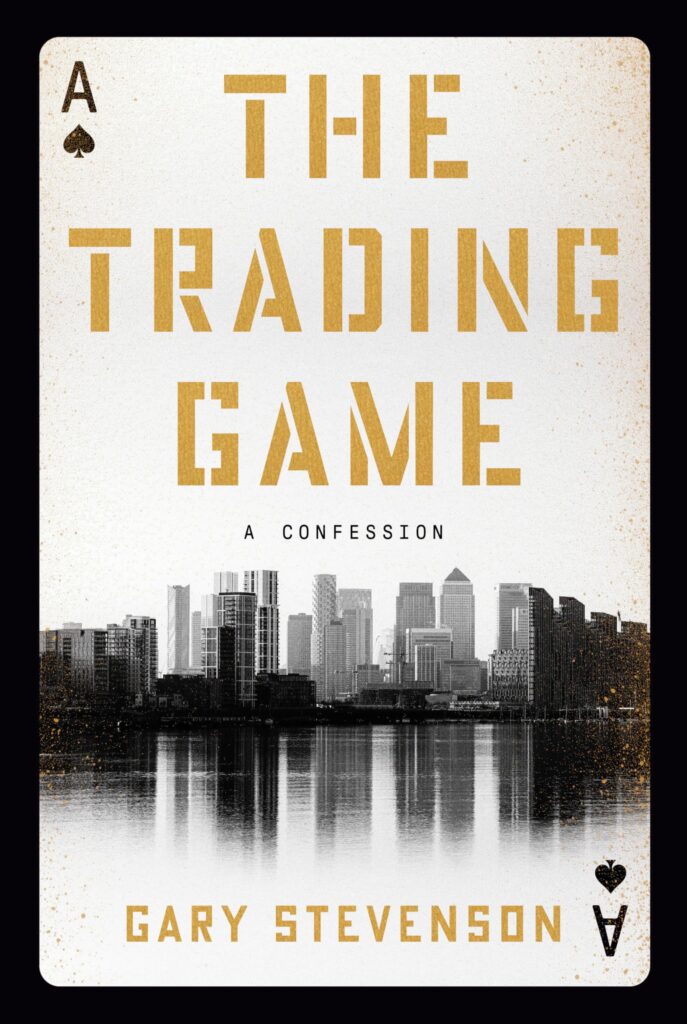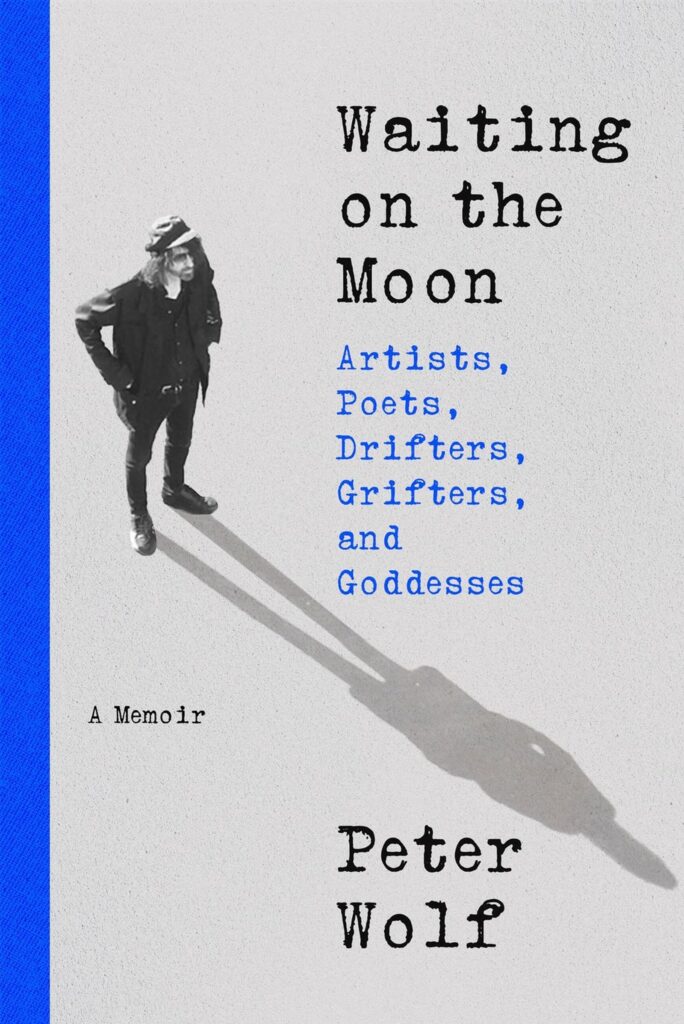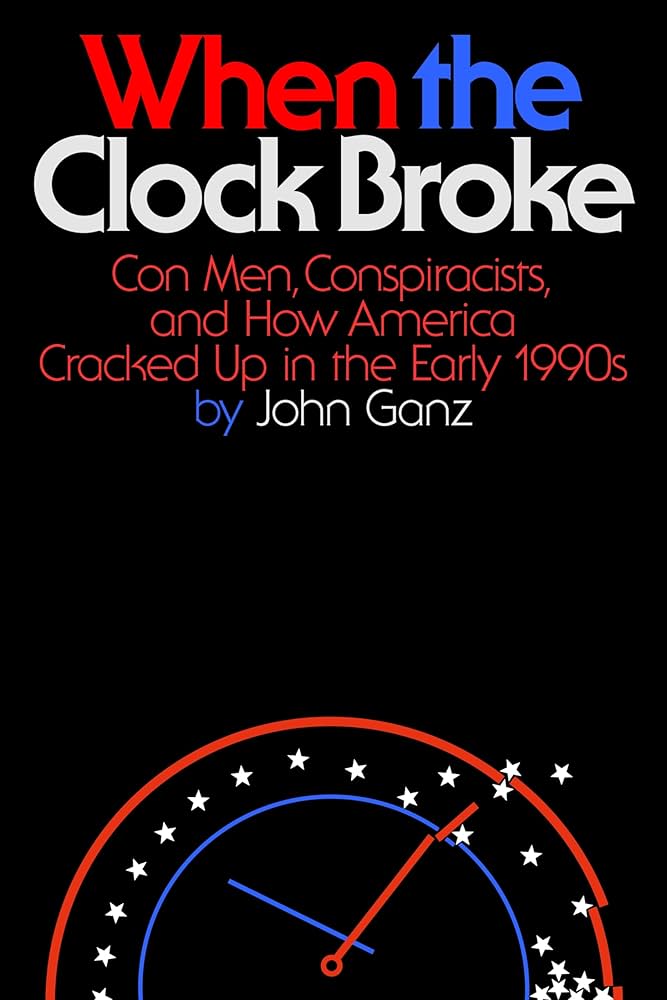Having read Wu’s books in the reverse order of publication dates, this book felt a bit underwhelming. What’s interesting is how clearly the seeds of his follow up work are here.
It’s a history of ‘information empires’ which includes telephone, radio, film and television. Wu is clearly trying to draw some parallels that can predict or explain trends in internet adoption. The history itself is full of fun trivia, larger-than-life characters and corporate underhandedness. Ten years post publication, I’m not sure how much light it sheds on current technology. I’m not even sure I fully understand the thesis.
I found it worthwhile anyway. One thread that Wu follows here is the history of advertising as it relates to information empires — the heavy restrictions on it when radio was born, the later adoption of radio’s reliance on and subserviance to advertisers in early television networks, and how that cycle repeated online. This is what forms the basis for The Attention Merchants.
He also digs into monopolies and conglomerates, from AT&T and the early movie studio/theatre monopolies being broken up by trustbusters, to the media conglomerates from the 1990’s through today (i.e. AOL Time Warner). Again, this is the seed of what he would later publish as The Curse of Bigness.
It’s full of interesting stories, and Wu’s writing is approachable and informative, but if you’ve read his other works, this book will feel a little thin.

